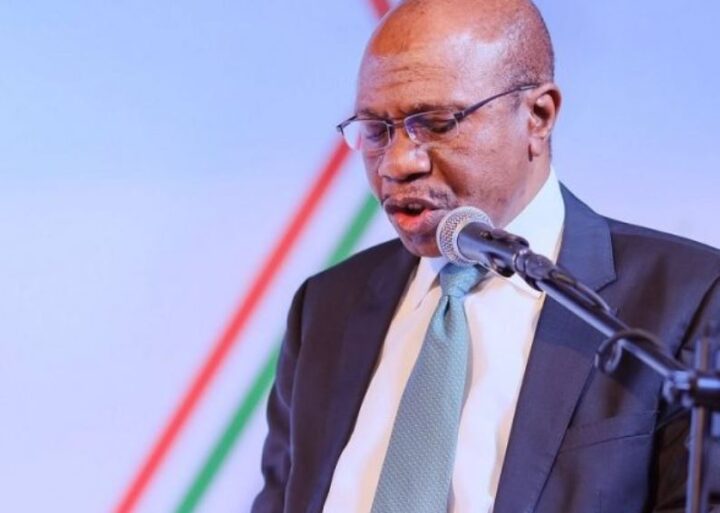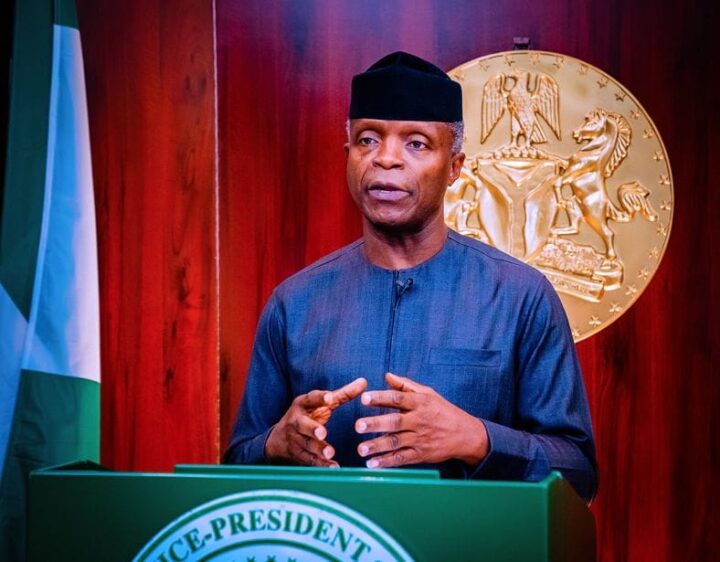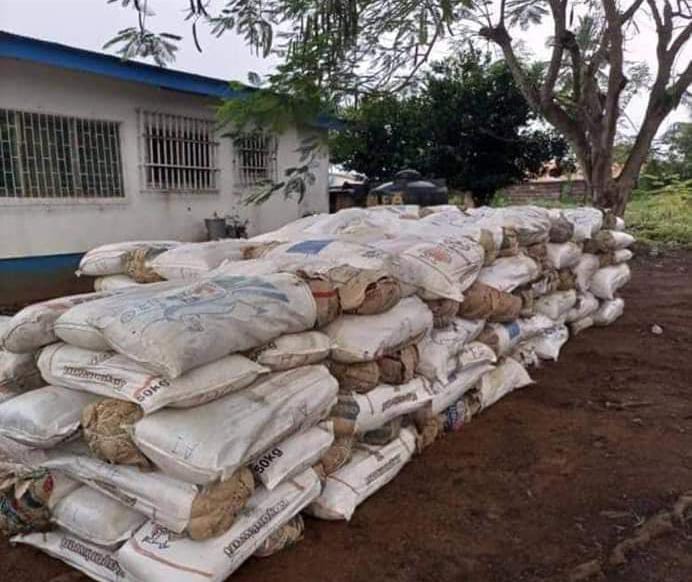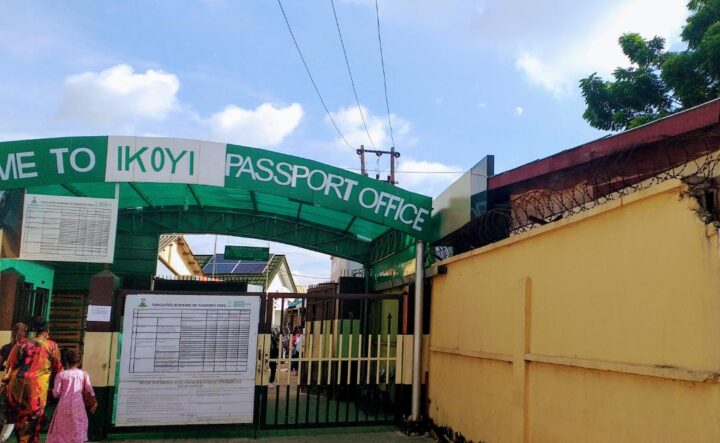Godwin Emefiele, governor of the Central Bank of Nigeria (CBN), says the bank’s interventions on the economy against the negative impact of the COVID-19 pandemic accounts for 3.5 percent of Nigeria’s gross domestic product (GDP).
Emefiele, who was represented by Osita Nwanisobi, CBN spokesperson, said this on Saturday at the 30th anniversary celebrations of the Finance Correspondents Association of Nigeria (FICAN).
Nigeria’s GDP increased by 5.01 percent in the second quarter (Q2) of 2021 — strongest growth since fourth quarter of 2014.
“Given the consequences of the COVID-19 pandemic on key economic variables, the CBN took several measures to mitigate the long-term effects on the growth prospects of the economy,” he said.
Advertisement
“First, policy measures were introduced to restore stability in the economy by supporting households that have been severely affected by the pandemic.
“Also, targeted interventions were introduced to support critical sectors, such as agriculture, manufacturing, energy, and health.
“Cumulatively, the bank’s intervention efforts represented about 3.5 percent of the GDP.”
Advertisement
Speaking on infrastructure deficit in Nigeria, the apex bank governor described it as a major constraint to economic development and attainment of growth average rate of at least five to seven percent required to boost productivity and sustainable growth for businesses.
He cited the World Development Indicators (2019), which said 56.20 percent of Nigerians have access to electricity, while electric power consumption stood at 144.52 kWh per capita as of 2018.
“While the infrastructure deficit in Nigeria is estimated to be about 1.2 per cent of GDP, it is projected that the federal government needs to commit about $10billion annually to address the nation’s infrastructural deficit,” he added.
Emefiele listed lack of access to quality infrastructure and finance as limiting factors to micro, small and medium enterprises (MSMEs) potential for growth and employment creation.
Advertisement
“Access to credit has been identified as a critical enabler for the growth and development of MSMEs, as the overall credit gap for MSMEs in developing countries is estimated to be $5.2 trillion, representing 19 percent of these countries’ cumulative GDP,” he said.
“Of this, the unmet financing demand from MSMEs in sub-Saharan Africa is about $331 billion, representing 18 percent of the potential demand for credit by MSMEs in the region.
“With over 42 million MSMEs in Nigeria, contributing 49.78 per cent to the nation’s GDP, 7.64 per cent of exports, and employing 76.5 percent of the workforce, the sector is faced with numerous challenges that continue to limit the enterprises’ potential to contribute to economic growth and development.”
Emefiele said fiscal authorities need to collaborate with the apex bank to change the lenses through which they look at MSMEs and infrastructure development.
Advertisement
He said that could be done by developing innovative policy measures to unlock the potential of these enterprises to drive innovation and industrialisation.
Advertisement
Add a comment






